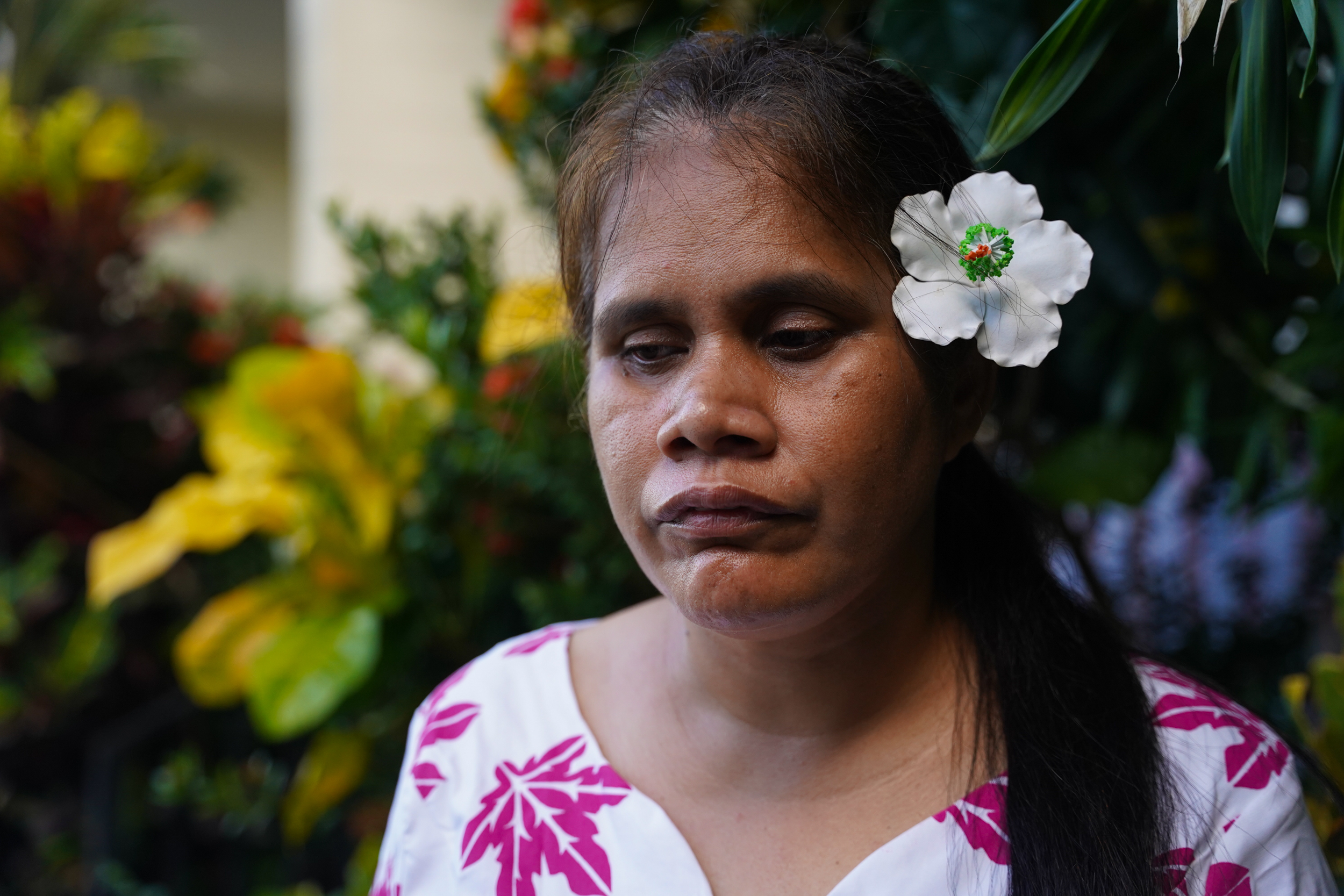
News
A Disability Rights Champion in the Pacific
Faaolo – Mother, Educator and Advocate for Persons with Disabilities in Samoa
June 30, 2023
APIA, Samoa – Bula & Talofa, everyone. I’m Isoa from Fiji Islands, and I work at the Disability Pride Hub. I interviewed Faaolo Utumapu-Utailesolo, the program officer for the Pacific Island Countries with the Disability Rights Fund. She is a blind activist with extensive experience in disability rights, and she is also an educator. She is married and a proud mother to a son. Motherhood is her greatest accomplishment, as it has bought so much joy and pride in raising her son to be part of what she is passionate about.
Question: What work are you really passionate about and in what field specifically?
Answer: The challenge as an advocate is … trying to change the mindset of our community that people with disabilities have rights. It’s our job as a society to make sure that they achieve their rights. I work at the Disability Rights Fund, and we give out grants to organizations to actually advocate for the implementation of the CRPD [UN Convention on the Rights of Persons with Disabilities].
Question: What is your message to the government and to the families of persons with disabilities?
Answer: To the government, my message is to allocate fairly the budget and resources to persons with disabilities. For families, we need to create more awareness and be open-minded, also to support and understand people with disabilities.
Question: Would you be able to tell me any success stories about your journey in other areas of work as well as in your family?
Answer: I think the success for me is seeing a lot of organizations of persons with disabilities being set up. There were also some implementation works done by organizations of persons with disabilities in the Pacific through advocacy for the implementation of CRPD. My parents supported my education and since there were no resources here in Samoa, they sent me to New Zealand to sit for my university entrance, and I also studied in Australia.
Question: What is your message to the young and aspiring leaders in the OPDs around the region?
Answer: As an advocate, you get knocked down by things and you keep going because you know that there are other people with disabilities who need a lot of support and who will need you to be paving the way.
DJP Fellow Isoa Nabainivalu is an assistant project officer at the Disability Pride Hub (DPH) in Fiji. He has worked as a project officer at the Fiji Association of the Deaf, is an alumnus of the Young Pacific Leaders Fellowship (YPL), was president of the Fiji Disabled Peoples Federation youth committee, and vice chairperson for the Fiji Sign Language Committee. @2023 Disability Pride Hub. All rights reserved.
News From the Global Frontlines of Disability Justice
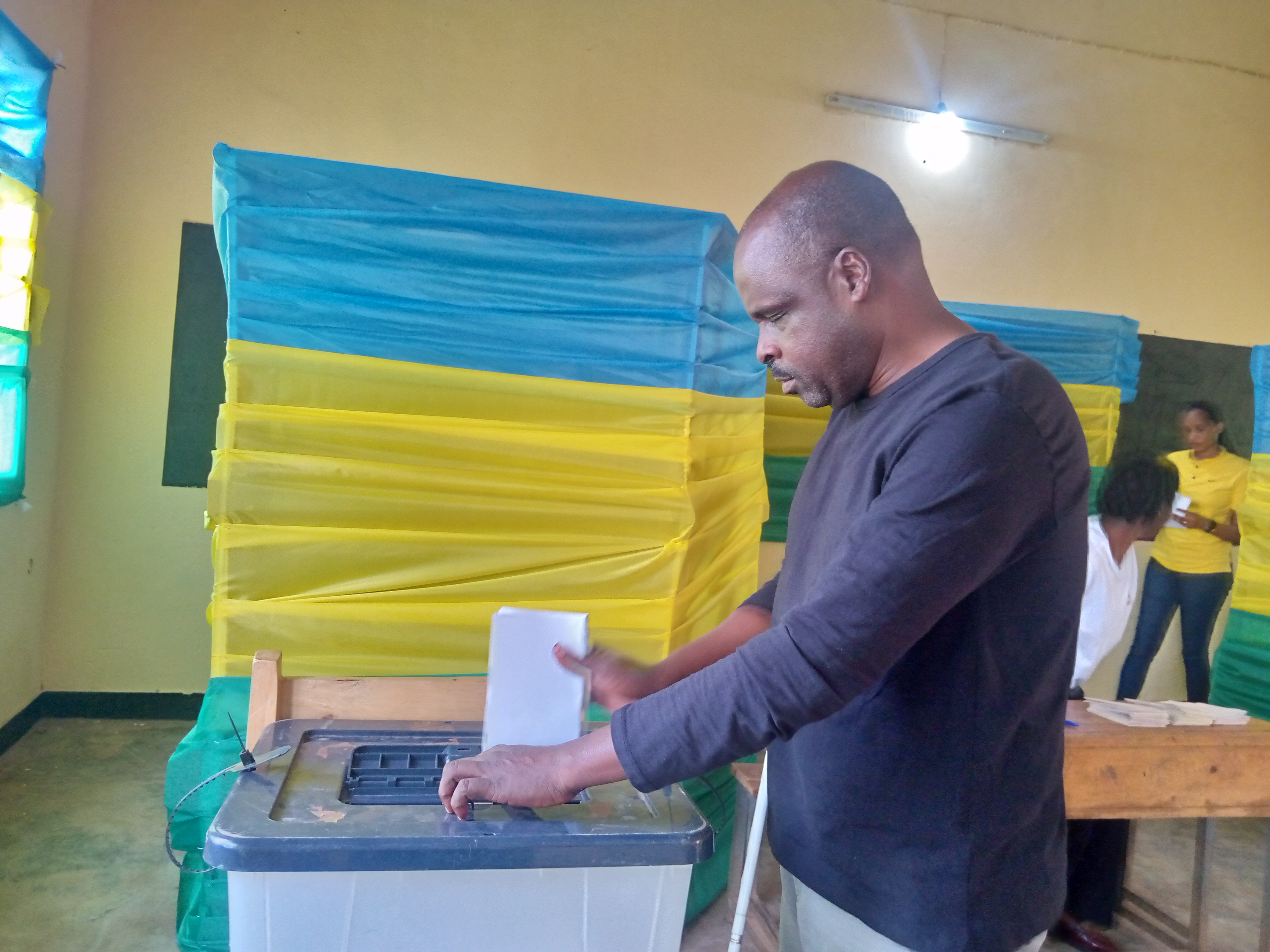
Advancing Democracy
Rwanda has made significant progress in making its elections more accessible, highlighted by the July 15 general elections where notable accommodations were provided. This was a major step forward in disabled Rwandans’ quest for equal rights and participation. “You cannot imagine how happy I am, for I have voted by myself and privately as others do accessibly,” says Jean Marie Vianney Mukeshimana, who used a Braille voting slate for the first time. “Voting is a deeply emotional and meaningful experience for a person with any disability in Rwanda, reflecting a blend of pride, empowerment, and hope.”
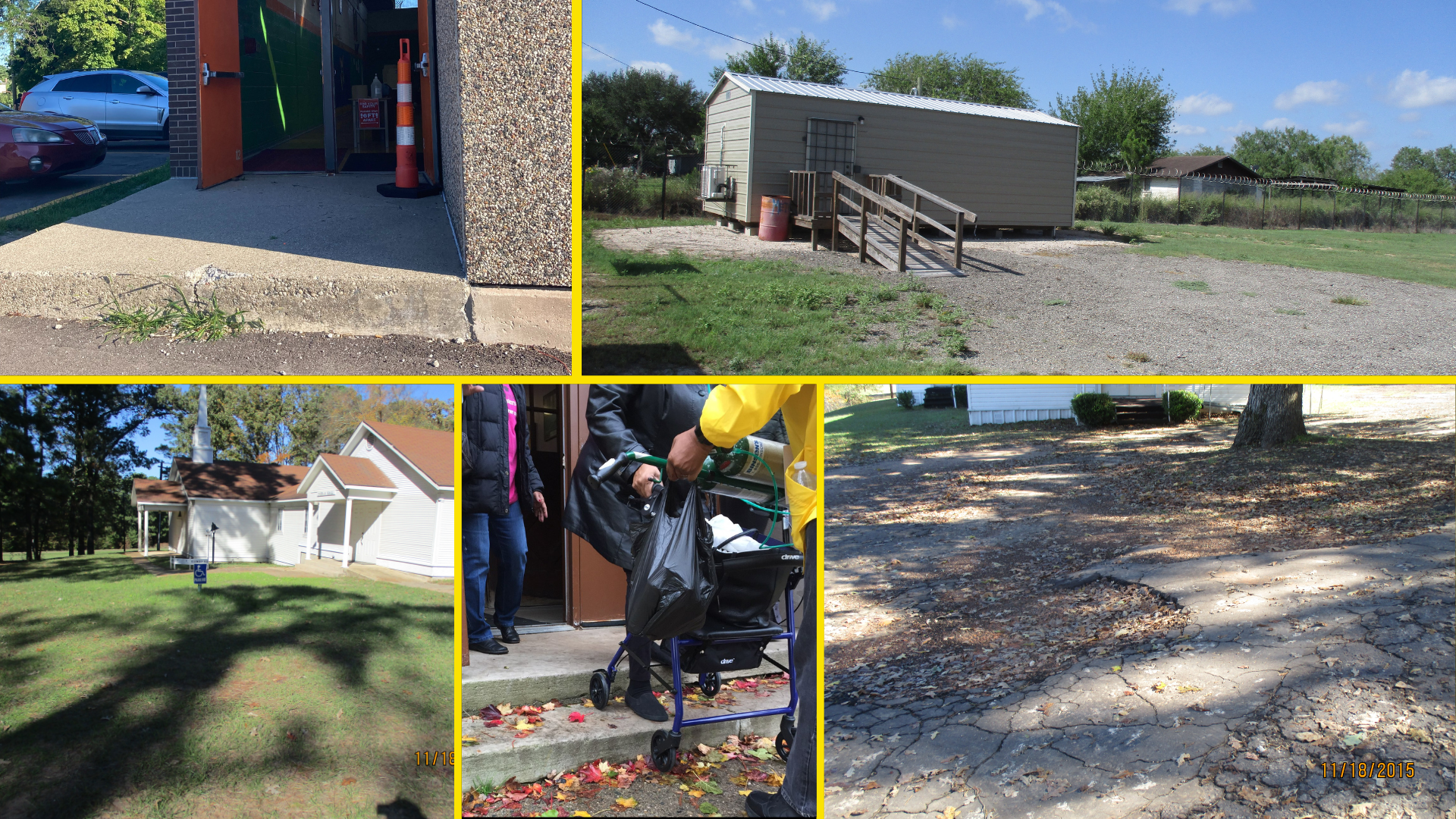
Barriers to the Ballot
Despite legislation like the Americans with Disabilities Act, barriers at the polls still hinder — and often prevent — people with disabilities from voting. New restrictive laws in some states, such as criminalizing assistance with voting, exacerbate these issues. Advocacy groups continue to fight for improved accessibility and increased voter turnout among disabled individuals, emphasizing the need for multiple voting options to accommodate diverse needs. ““Of course, we want to vote,” says Claire Stanley with the American Council of the Blind, “but if you can’t, you can’t.”
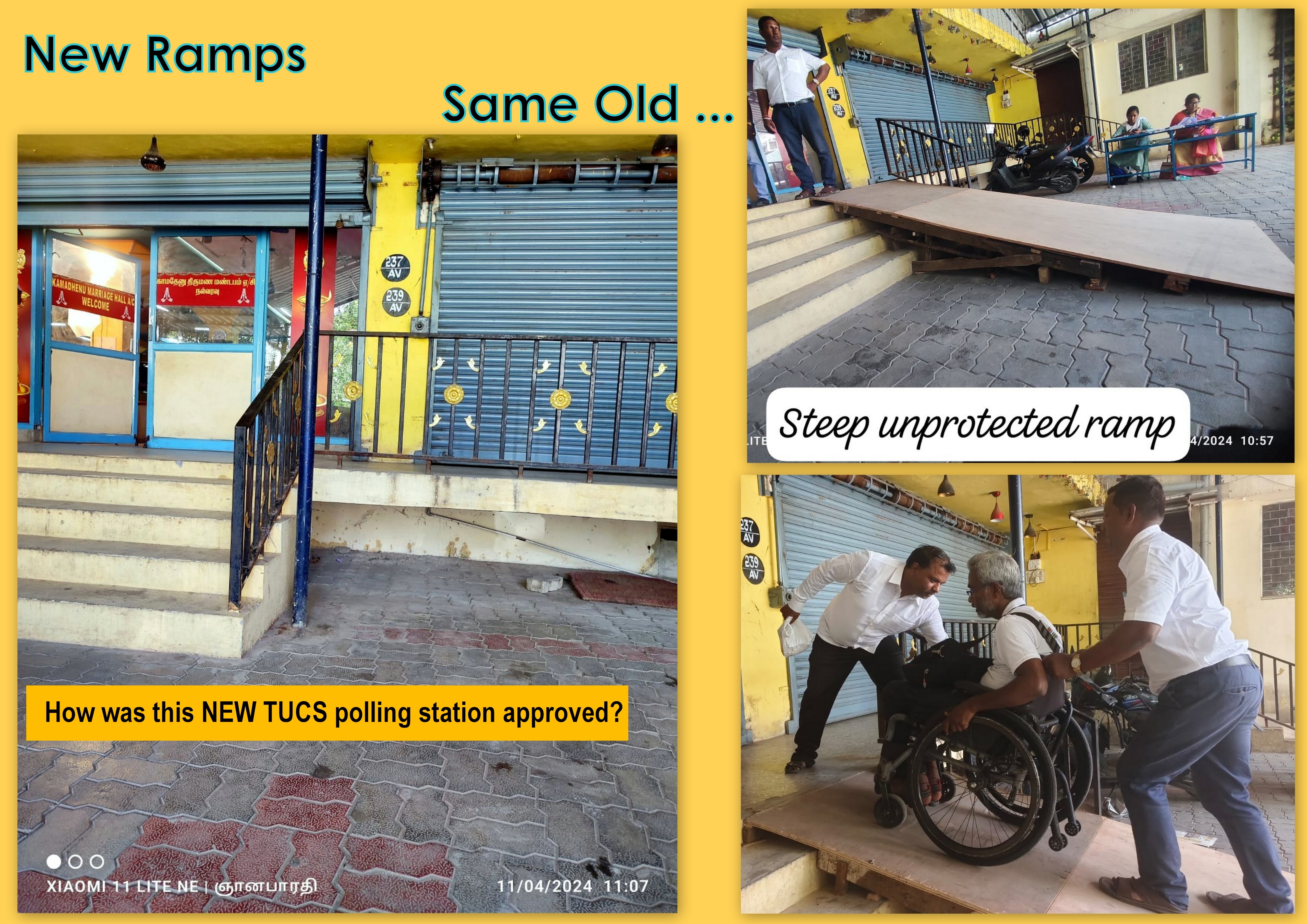
Democracy Denied
In 2024, a record number of voters worldwide will head to the polls, but many disabled individuals still face significant barriers. In India, inaccessible electronic voting machines and polling stations hinder the ability of disabled voters to cast their ballots independently. Despite legal protections and efforts to improve accessibility, systemic issues continue to prevent many from fully participating in the world’s largest democracy. “All across India, the perception of having made a place accessible,” says Vaishnavi Jayakumar of Disability Rights Alliance, “is to put a decent ramp at the entrance and some form of quasi-accessible toilet.”
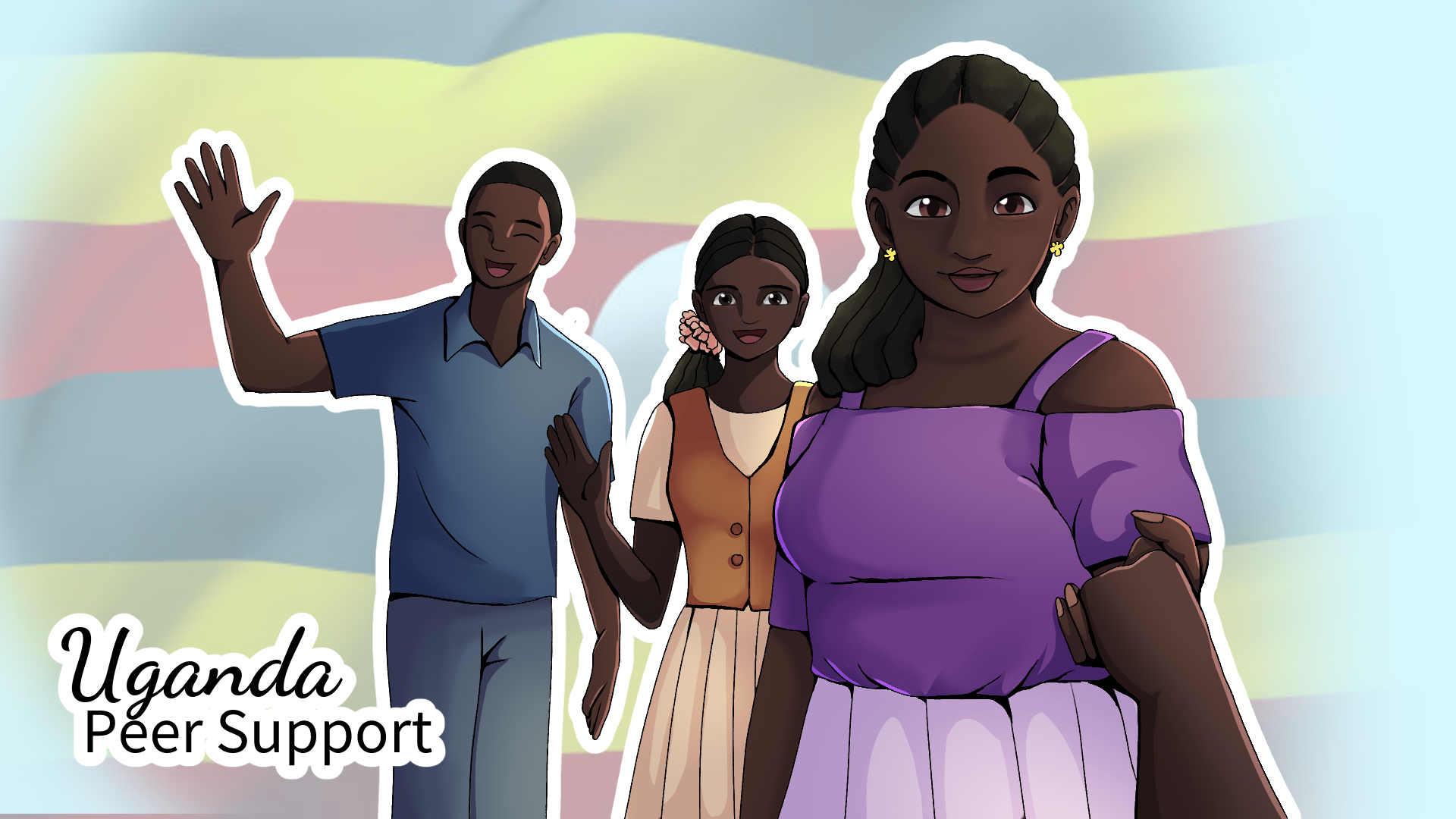
Triumph Over Despair
DJP Fellow Esther Suubi shares her journey of finding purpose in supporting others with psychosocial disabilities. She explores the transformative power of peer support and her evolution to becoming an advocate for mental health. “Whenever I see people back on their feet and thriving, they encourage me to continue supporting others so that I don’t leave anyone behind,” she says. “It is a process that is sometimes challenging, but it also helps me to learn, unlearn, and relearn new ways that I can support someone – and myself.”
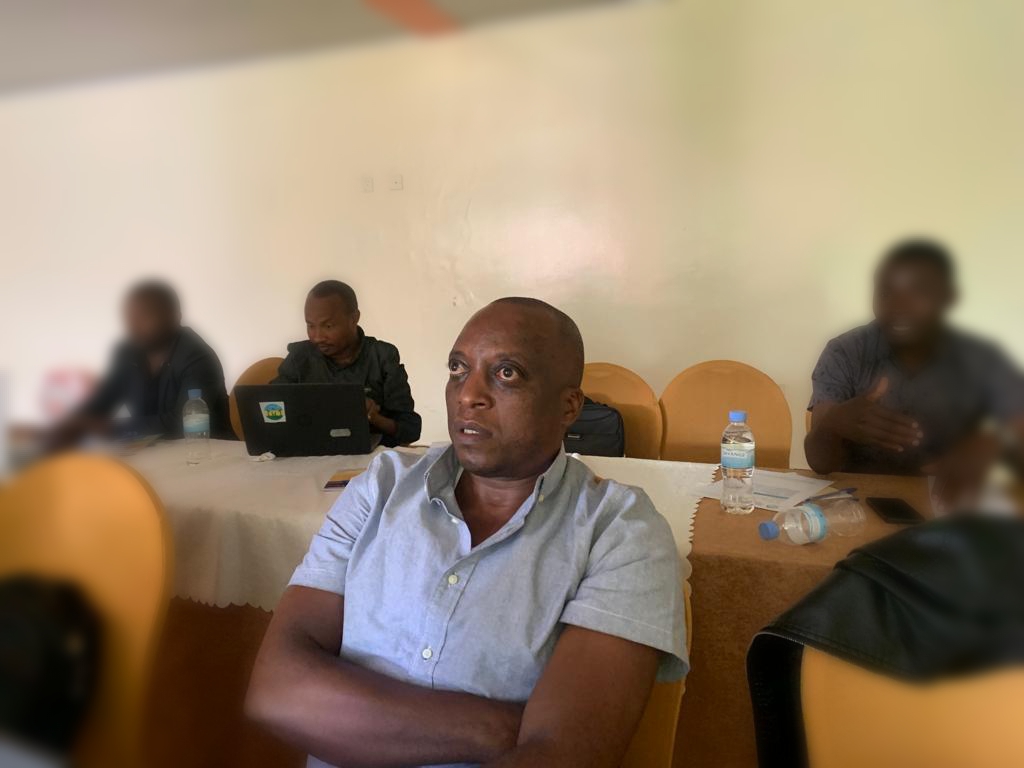
‘Our Vote Matters’
As Rwanda prepares for its presidential elections, voices like Daniel Mushimiyimana’s have a powerful message: every vote counts, including those of citizens with disabilities. Despite legal frameworks like the UN Convention on the Rights of Persons with Disabilities, challenges persist in translating these into practical, accessible voting experiences for over 446,453 Rwandans with disabilities. To cast a vote, blind people need to take a sighted relative to read the ballot. An electoral committee member must be present, violating the blind person’s voting privacy. “We want that to change in these coming elections,” says Mushimiyimana.
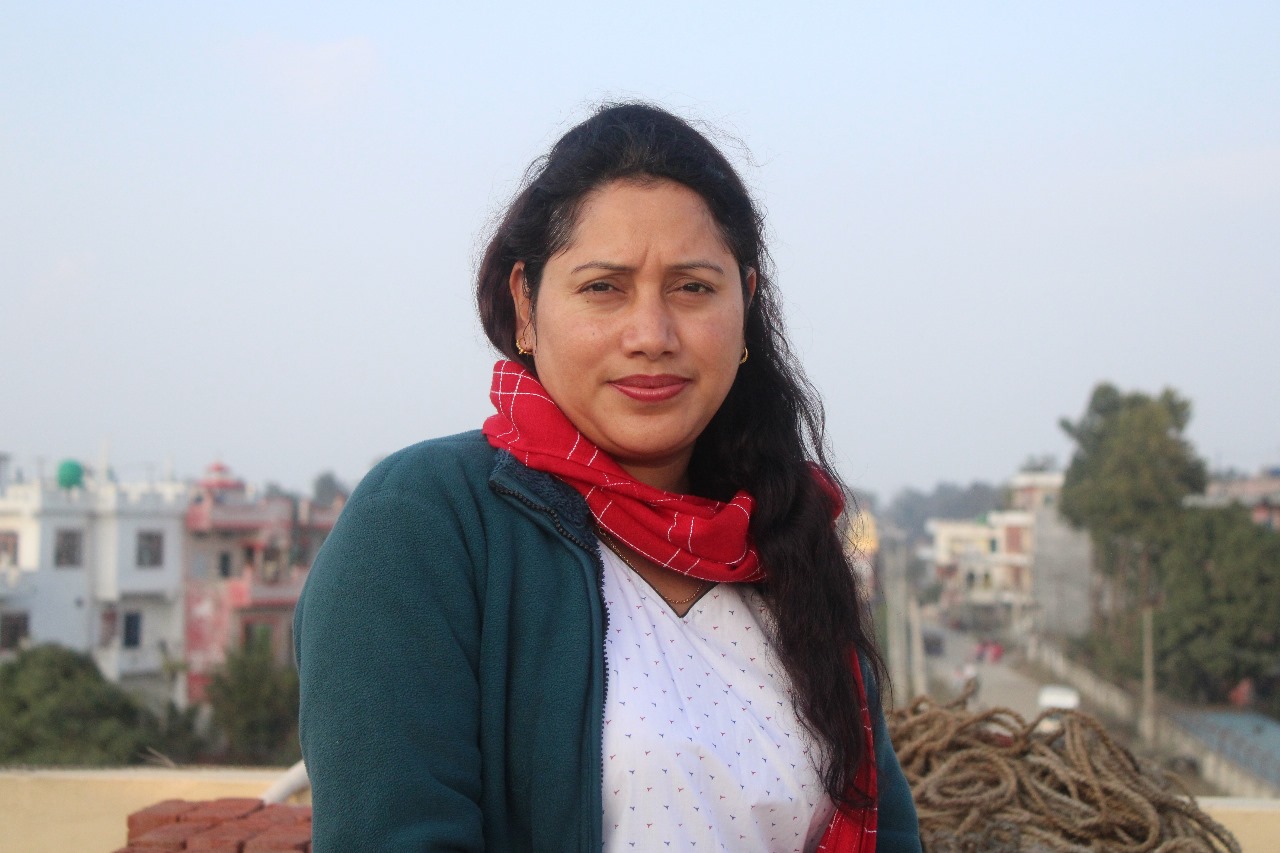
Voices Unsilenced
Often dismissed as a personal concern, mental health is a societal issue, according to Srijana KC, who works as a psychosocial counselor for the Nepali organization KOSHISH. KC’s own history includes a seizure disorder, which resulted in mental health challenges. She faced prejudice in both educational settings and the workplace, which pushed her towards becoming a street vendor to afford her medications. Now with KOSHISH, she coordinates peer support gatherings in different parts of Nepal. “It is crucial to instill hope in society, recognizing that individuals with psychosocial disabilities can significantly contribute,” she says.